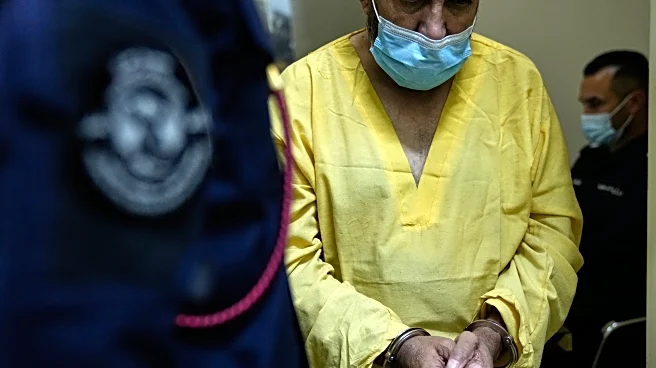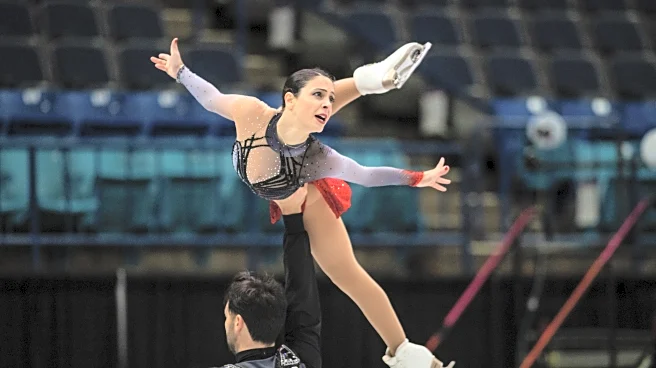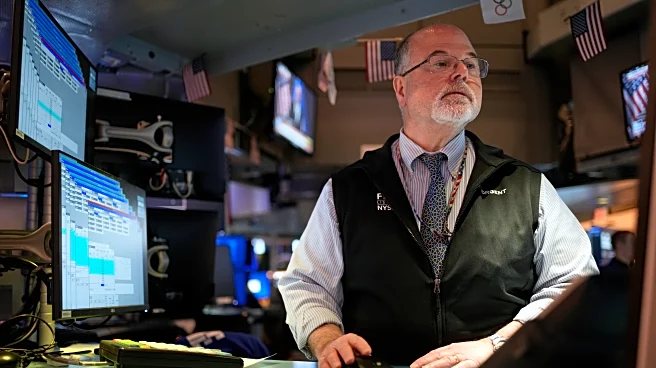By Marcelo Teixeira
NEW YORK (Reuters) -Natural resources that are not grown in the United States, including coffee and cocoa, could be exempt from import tariffs when trade deals with producing countries
are reached, U.S. Commerce Secretary Howard Lutnick said on Tuesday.
Lutnick said in an interview for CNBC's talk program 'Squawk Box' that President Donald Trump has agreed to set zero tariffs for those natural resources that are not grown in the U.S. in the trade deals he has closed, including the ones with Indonesia and the European Union.
"If you grow something and we don't grow it, that can come in for zero, so if we do a deal with a country that grows mangos, pineapple, then they can come in without a tariff, because coffee and cocoa will be other examples of natural resources," Lutnick said.
"So Europe came in with cork, for example. That can come in to the U.S. without a tariff," he said.
A part of the text of the 'Agreement on Reciprocal Trade between the United States and Indonesia' that was published last week by the White House cites natural resources.
It says that the U.S. "may also identify certain commodities that are not naturally available or domestically produced in the United States for a further reduction in the reciprocal tariff rate".
Indonesia agreed with a tariff of 19% to sell its products in the U.S., but could eventually have zero tariff for its coffee, cocoa, or other tropical products.
Lutnick however did not comment on the situation of tropical products coming from countries that still do not have a deal with the U.S., such as Brazil.
Trump threatened to impose a 50% tariff on Brazilian products from August 1 in a move that also involves politics, as the U.S. President complained about the treatment Brazilian courts are giving to former Brazilian president and his ally Jair Bolsonaro.
Brazil supplies a third of the coffee used in the U.S., the world's largest drinker of the beverage, and that trade could be heavily impacted if tariffs are indeed imposed.
(Reporting by Marcelo Teixeira; Editing by Jan Harvey)











